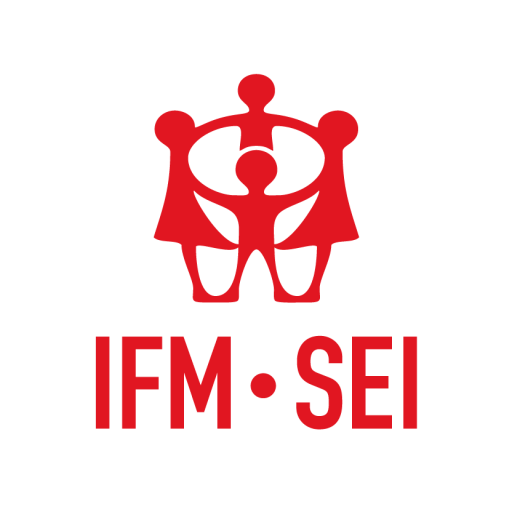Agreed: IFM-SEI Congress 2014 in Antwerp (Belgium).
Recent incidents in IFM-SEI member organisations have urged the IFM-SEI Presidium to set on the political agenda of our movement the development of a code of conduct that can guide the work of IFM-SEI and its member organisations.
As Presidium, we understand that a code of conduct is intended to be a central guide and reference for all members in support of day-to-day decision making and behaviour of staff and volunteers. It is meant to clarify our mission, values and principles, linking them with standards of professional conduct. As a reference, it can be used to locate relevant documents, services and other resources related to ethics within the organization.
A code is an open disclosure of the way IFM-SEI operates. It provides visible guidelines for behavior. A well-written and thoughtful code also serves as an important communication vehicle that reflects the commitment that an organization has made to uphold its most important values, dealing with such matters as its commitment to employees, members and volunteers, its standards for implementing activities and its relationship with the community.
A code is also a tool to encourage discussions of ethics and to improve how members deal with the ethical dilemmas, prejudices and gray areas that are encountered in everyday work. A code is meant to complement relevant standards, policies and rules, not to substitute for them.
Codes of conduct offer an invaluable opportunity for members organizations to create a positive public identity for themselves which can lead to a more supportive political and regulatory environment and an increased level of public confidence and trust among important constituencies and stakeholders.
This Resolution aims to start a debate among members from all around the world to discuss and share ideas about a code of conduct based on IFM-SEI’s principles.
Until the next International Committee Meeting in 2015, the Presidium will:
1) Debate with and consult members on the content of this code
2) Develop a draft code of conduct that will be discussed further in all regions
3) Prepare a second draft for the IC Meeting 2015 that will be proposed for adoption
